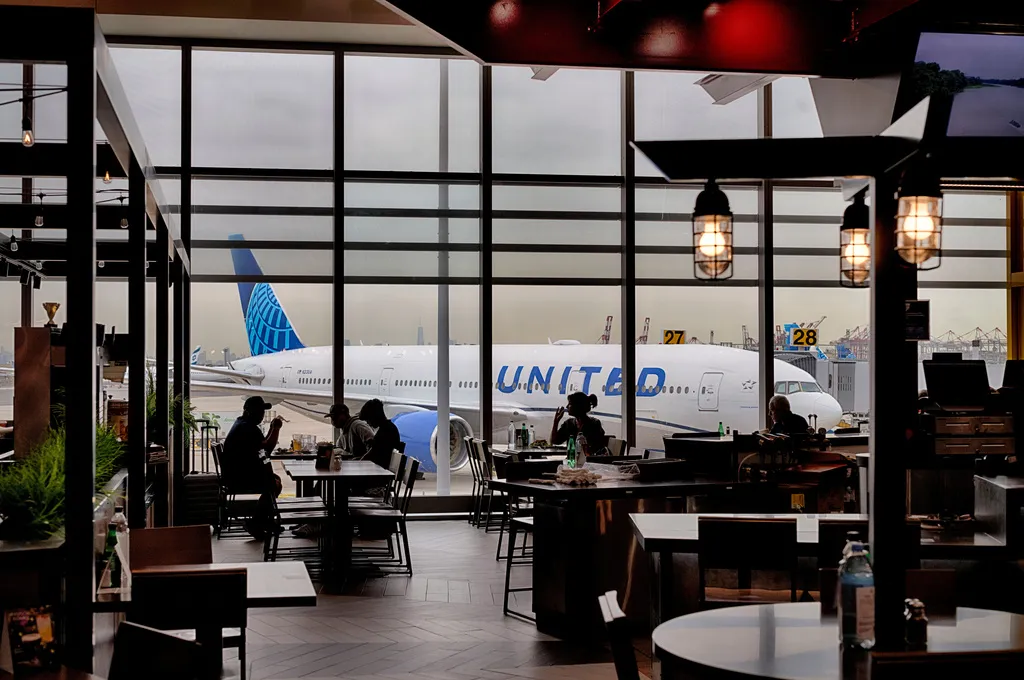The Push for Deregulation in the Airline Industry
Airlines have been actively advocating for the removal of what they consider to be excessive regulations, and this effort is expected to continue under a potential second Trump administration. This push has already led to significant changes in recent months, particularly concerning policies that affect passenger compensation.
Earlier this month, the Department of Transportation made headlines by overturning a Biden-era policy that would have required airlines to reimburse passengers for flight delays or cancellations caused by factors within their control. These situations include mechanical failures, crew shortages, and system outages. Under the proposed rule, airlines would have had to provide refunds ranging from $200 to $775, along with free meals, lodging, or rebooking options for affected travelers.
The airline industry, represented by Airlines for America, argued that such mandatory compensation would lead to higher ticket prices, ultimately burdening consumers. They also claimed that the policy could result in more flight cancellations, as airlines might opt to reduce flights if the reimbursement costs became too high.
Another regulation finalized by the Biden administration requires full, automatic refunds for canceled or significantly altered flights if passengers do not accept an alternative flight or travel credit. This policy, along with others, may also face challenges under a potential Trump administration.
Concerns Over Safety and Consumer Protections
Evan Oshan, a Seattle-based personal injury lawyer specializing in aviation-related lawsuits, has expressed concerns about the implications of these regulatory rollbacks. He believes that allowing airlines to self-regulate could lead to weakened safety standards. “Airlines want to police themselves instead of allowing federal oversight,” he told the Washington Examiner. “By policing themselves, it creates inherent problems.”
Oshan warned that this shift could result in longer intervals between mandatory safety checks or reduced staffing levels at the Federal Aviation Administration. While this issue isn’t directly related to safety, it highlights a broader trend of deregulation that affects consumer protections.
A separate policy involving ancillary fees was also challenged by airline lobbyists in court. Airlines for America and other groups argued that requiring airlines to disclose service fees upfront before ticket purchases exceeded the Department of Transportation’s statutory authority and violated federal law. The United States Court of Appeals for the Fifth Circuit ruled in favor of the airlines, granting a stay and remanding the rule back for further review.
Oshan noted that this ruling gave airlines “carte blanche” to challenge other consumer protections, emboldening them to push for more deregulation.
Lobbying Efforts and Industry Influence
In a public comment to the Department of Transportation in May, Airlines for America requested the deregulation of several Biden-era rules, including those on family seating and ancillary fees. The family seating rule would have prohibited airlines from charging extra fees for parents wishing to sit next to their young children.
The group argued that these proposals violated Congress’s Airline Deregulation Act of 1978, which promoted free market competition over government control. They urged the Department of Transportation to abandon the 2024 proposal on flight disruption reimbursement and instead rely on airlines to establish their own policies.
This move reflects the Department of Transportation’s broader deregulatory agenda. According to an analysis by the American Action Forum, the department has taken 285 deregulatory actions this spring alone.
However, the department is not fully meeting President Trump’s executive order, which calls for eliminating 10 previous regulations for every new one issued. Currently, the ratio stands at 7:1, with 285 deregulatory actions compared to 40 regulatory ones.
The Role of Lobbying in Shaping Policy
Airlines for America has been a leading force in lobbying efforts, spending nearly $5.7 million last year—out of a total $29.1 million spent by 27 groups. So far this year, over $16.4 million has been spent on airline lobbying, with Airlines for America contributing almost $2.9 million.
Oshan criticized this trend, noting that when airlines prioritize lobbying over safety improvements, passengers become “guinea pigs for deregulation.” He emphasized that the current administration’s approach to regulations sees them as obstacles rather than necessary safety measures.
Notably, Airlines for America is now led by former Gov. Chris Sununu (R-NH). However, Sununu is not the only Trump ally with ties to the airline industry. Transportation Secretary Sean Duffy previously worked at BGR Group as a lobbyist and served on its advisory board before joining the Trump administration. He also represented Partnership for Open Skies, a coalition of major U.S. airlines.
Oshan believes Duffy’s role enables airline lobbyists to influence which regulations get removed, and he suspects that more aviation accidents will occur as airlines prioritize profit over safety. “We’re seeing the fastest regulatory rollback in aviation history,” he said. “The airlines are getting exactly what they paid for – a transportation secretary that used to work for them, and it’s an administration that sees regulations as obstacles, not safety measures.”



